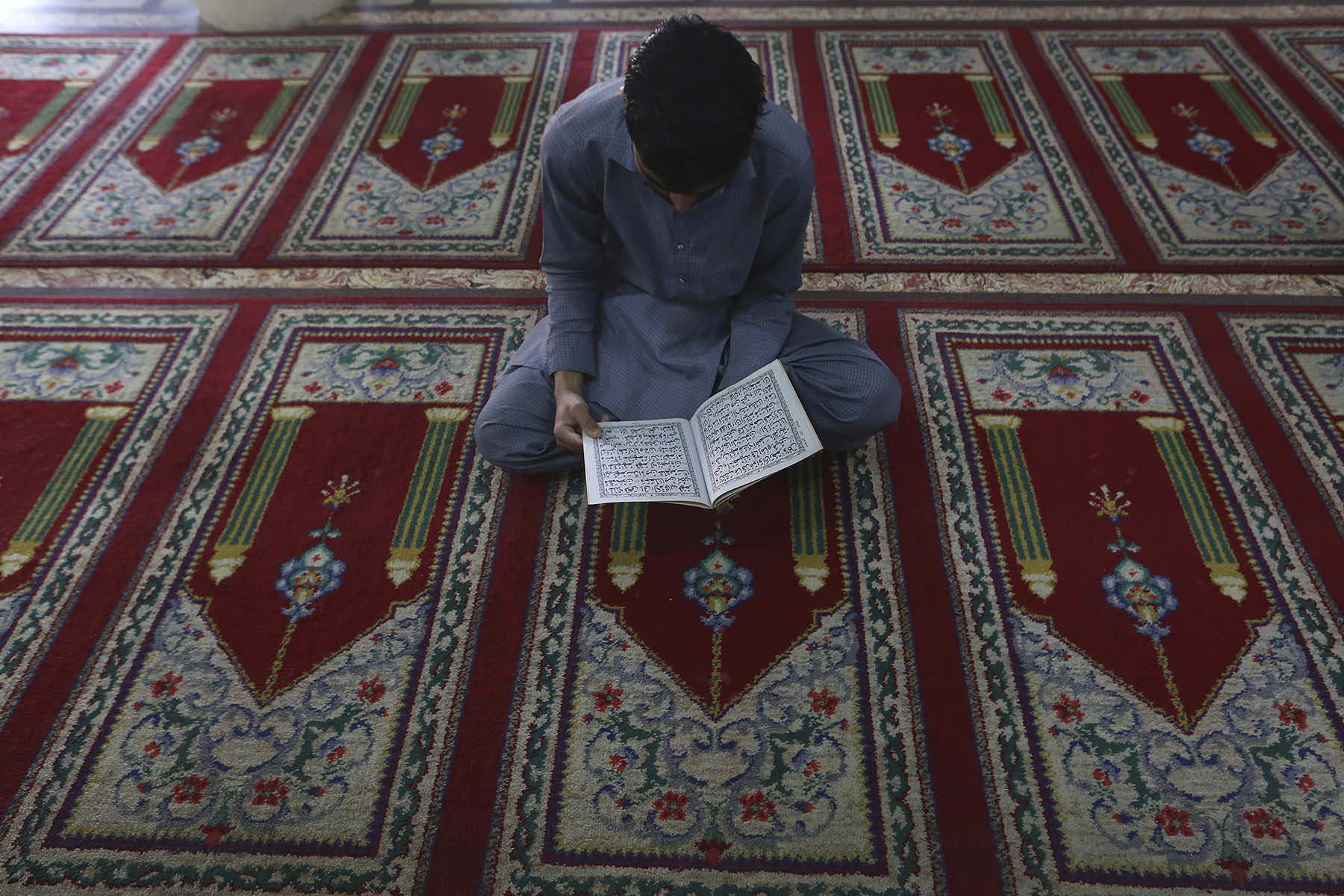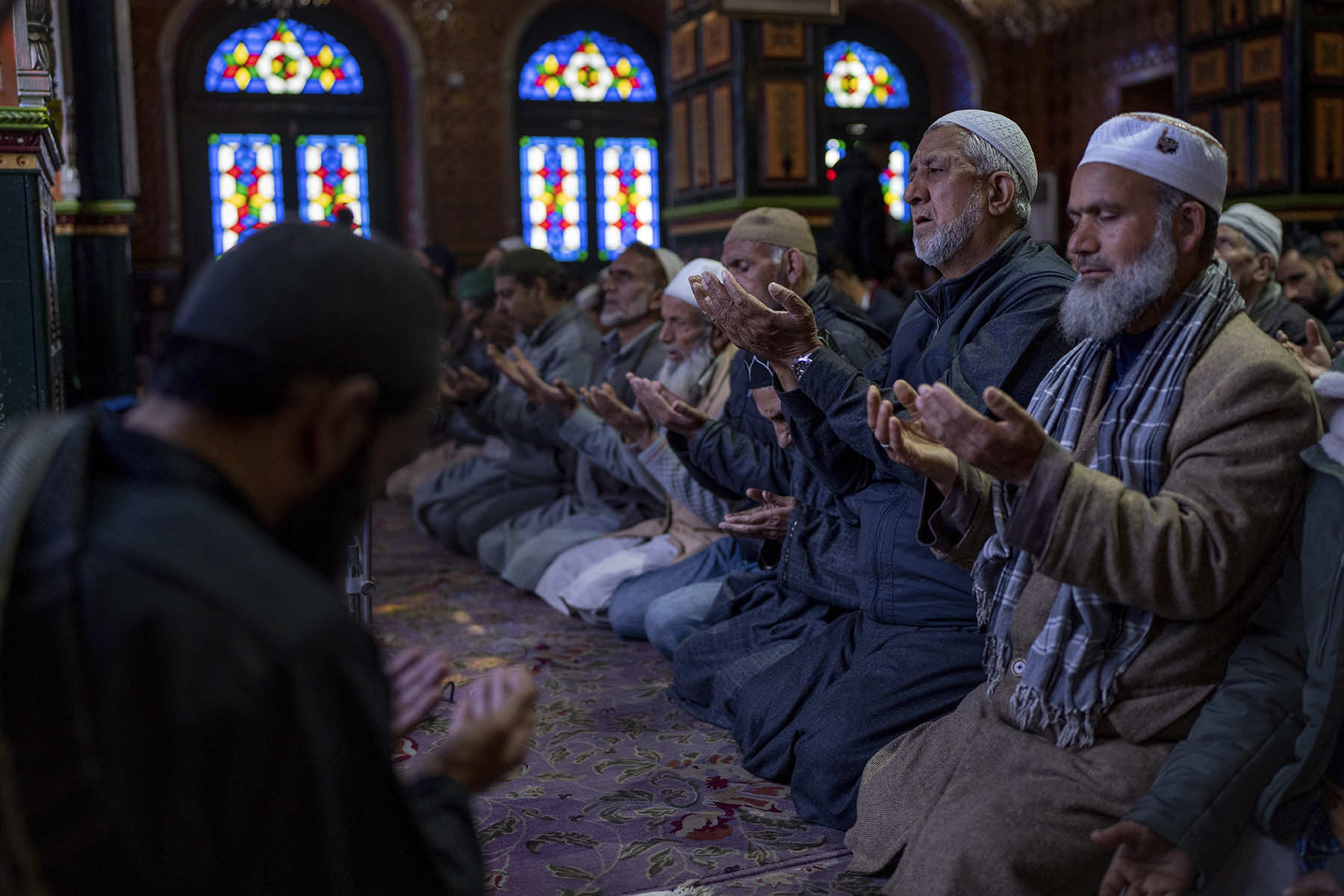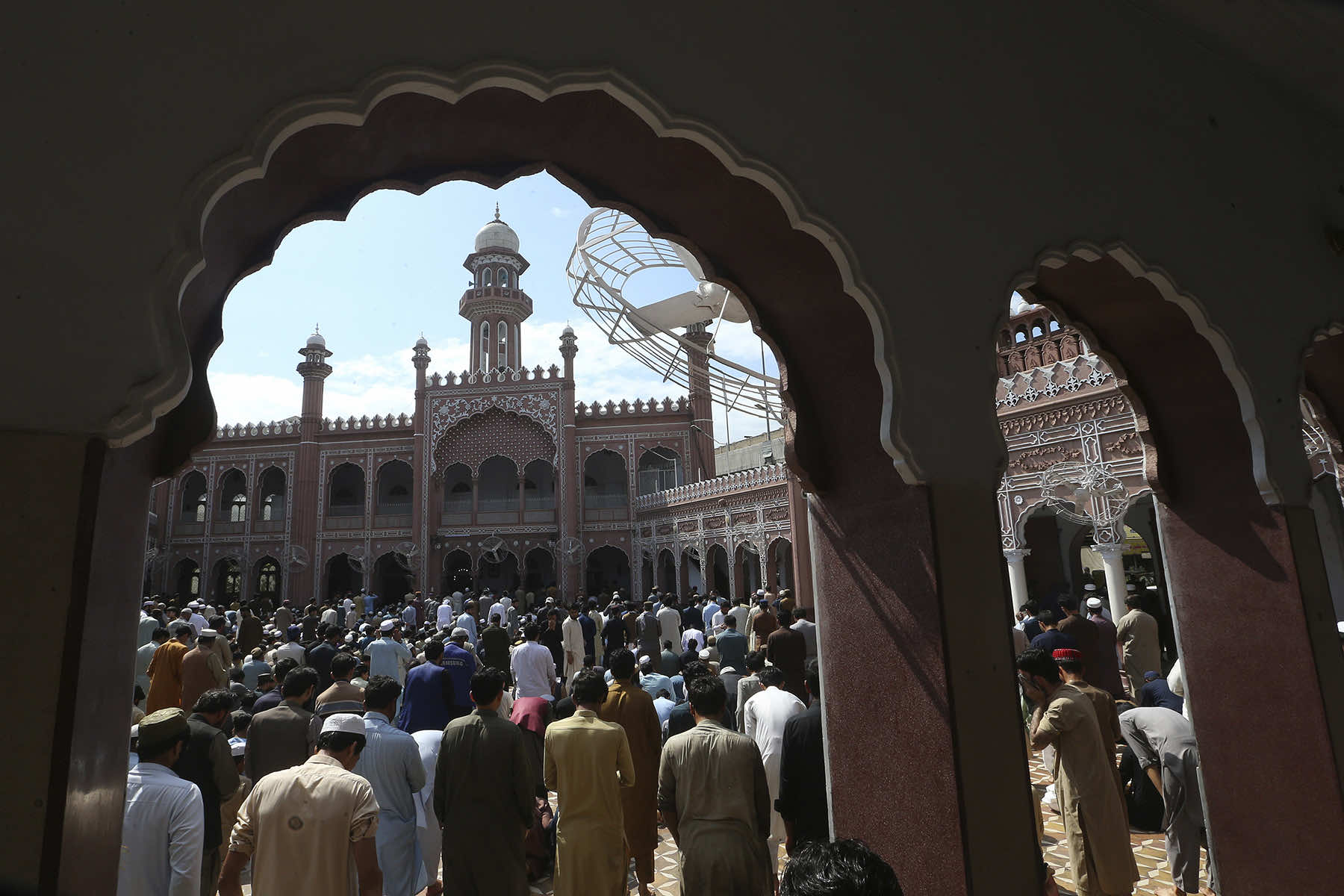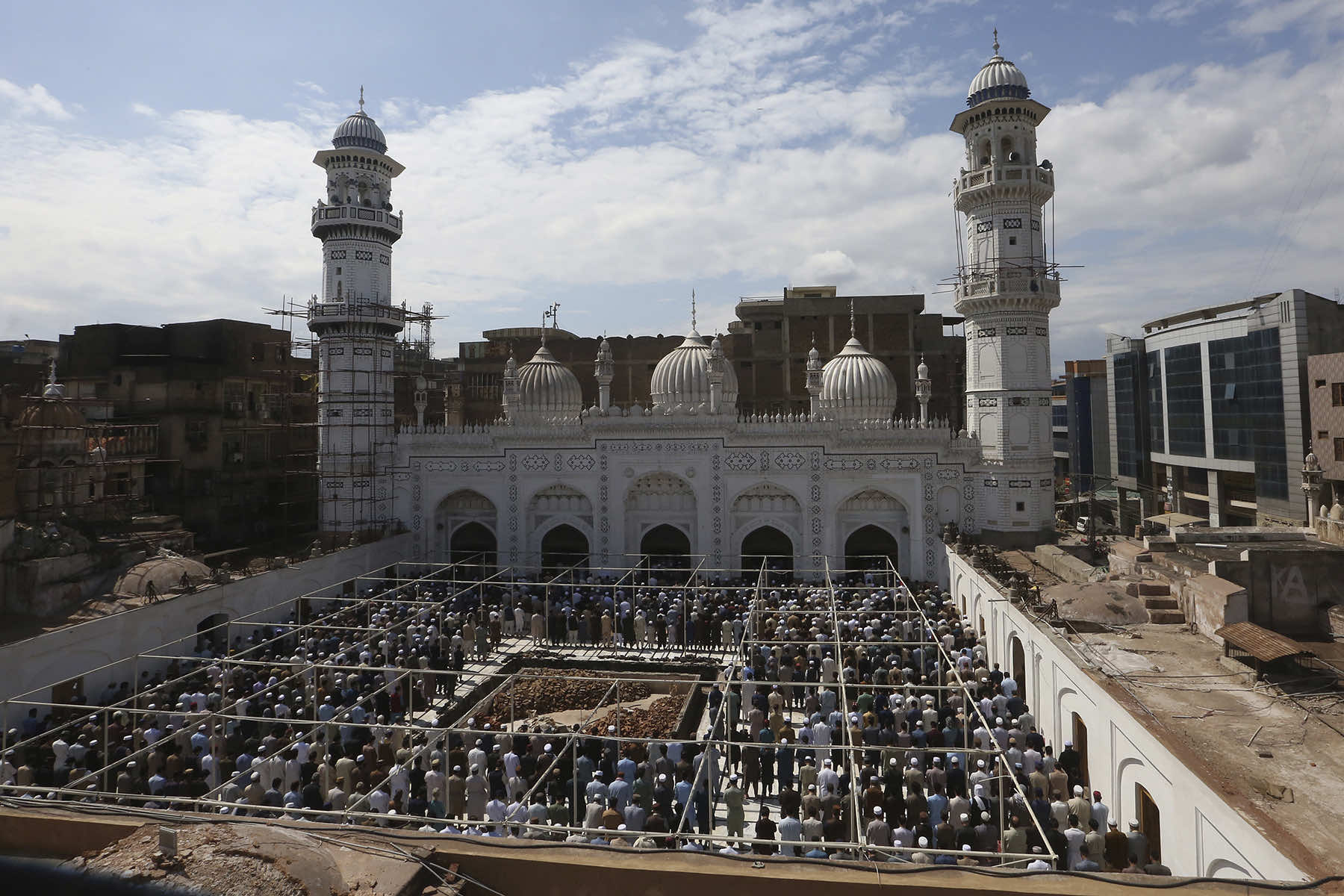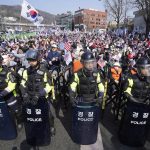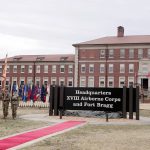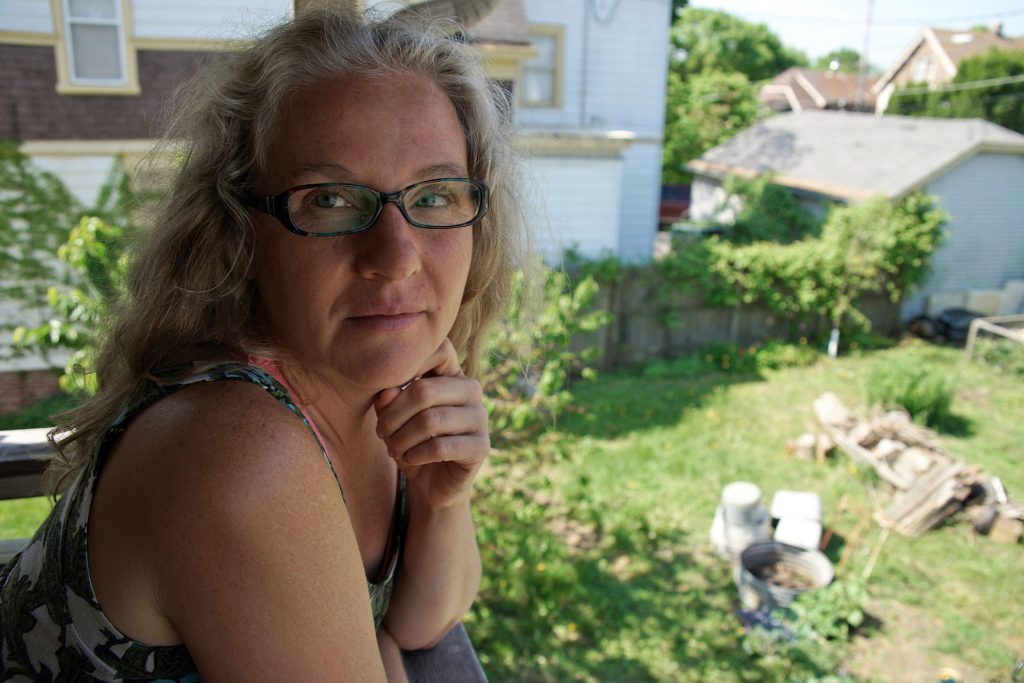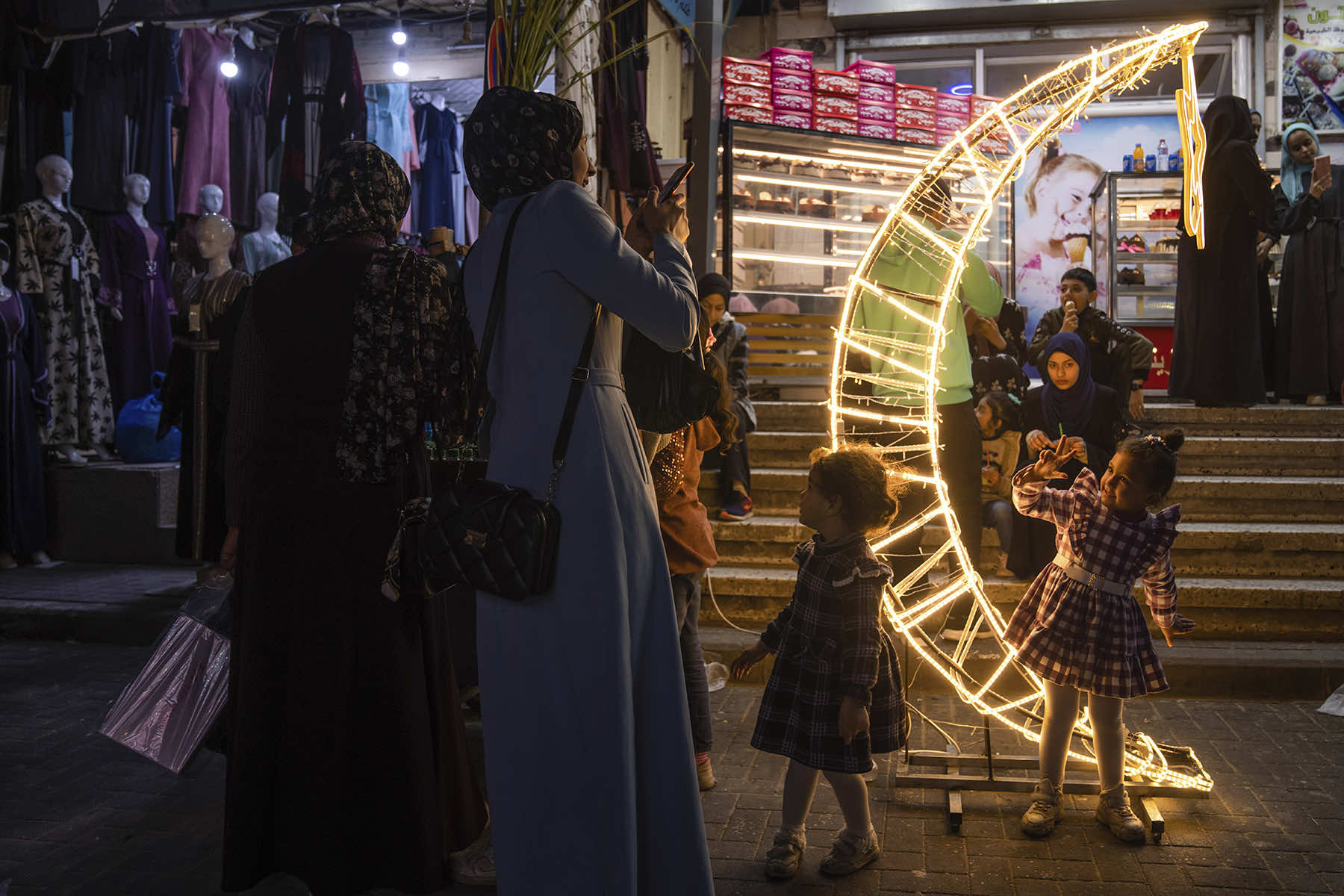
Hundreds of millions of Muslims began the first daily fast of Ramadan on March 23, as parts of the Middle East approached crucial junctures in high-stakes peace negotiations during the holy month, traditionally a time of reconciliation.
During Ramadan, observant Muslims abstain from food and water from dawn to dusk, before gathering with family and friends for indulgent nighttime meals. According to Islam, fasting draws the faithful closer to God and reminds them of the suffering of the poor.
For the next 30 days, many will strictly observe prayers, read the Quran, and donate to charity as they seek to draw closer to God. Muslims believe God began revealing the Quran to the Prophet Muhammad during Ramadan more than 1,400 years ago.
More than 1.8 billion Muslims, who account for around a quarter of the world’s population, are expected to observe Ramadan. Islam follows a lunar calendar, so the month begins a week and a half earlier each year, cycling through the seasons, including the long days of hot summers.
The start of the month depends on the sighting of the crescent moon by local religious authorities and astronomers, and can sometimes vary from country to country. But this year there was broad agreement that it began on the evening of March 22, with the following day declared as the first day of fasting.
In addition to fasting, charity giving is another of Islam’s five pillars. During Ramadan, mosques and charities regularly provide meals for the poor at long tables that sprawl out onto the street.
Ramadan observances will also be shadowed by the suffering in southern Türkiye and northwestern Syria, and in conflict zones across the Muslim world. But the destruction caused by last month’s earthquake, which killed over 52,000 people, poses perhaps the steepest challenge of all during the holy month.
In the Turkish city of Kahramanmaras — near the quake’s epicenter — worshipers held the first Ramadan prayers inside a 1,000-person tent on the grounds of the city’s famed Abdulhamid Han Mosque. Türkiye’s fourth-largest mosque sustained slight damage in the temblor and has been closed to worshippers, Turkish media said.
Some 1,400 mosques have been destroyed or damaged by the quake, Turkish authorities said, leaving tens of thousands to pray in makeshift tents. More than 100 sound systems have been installed to recite the call to prayer.
In Syria’s northwestern Idlib province — the last rebel enclave – very few families still have the energy or resources to make the necessary preparations for Ramadan this year.
Abdul Qahar Zakou, a cafe owner from the province, put up Ramadan decorations despite the prevailing misery and vowed to do his best to create a festive atmosphere.
“Despite all the odds, Ramadan will always have its own atmosphere, with a symbolism and spirituality that makes life easier,” said Zakou.
Many are also struggling this year to afford holiday treats amid soaring prices, fueled in part by the war in Ukraine. Iran, Egypt, and Lebanon are grappling with economic crises that have weakened their local currencies, making things even more expensive.
“We used to look forward to Ramadan as the most beautiful month of every year,” said 19-year-old Rama Jamal, recalling how her family would decorate the house and sit together reading the Quran.
Now she lives alone in the war-ravaged northern Idlib province of Syria. After surviving more than a decade of war, her parents and brother were killed in the earthquake.
“Now I’m by myself, and there’s no mood of Ramadan, there’s no joy,” Jamal said. “I’m missing my family all the time, every hour.”
Diplomats and leaders had expressed new hope for peace efforts in the days leading up to Ramadan, amid signs of warming relations between two of the region’s rival superpowers, Iran and Saudi Arabia. The two are on opposing sides of the war in Yemen, and despite announcements of restoring ties, sporadic fighting continues across the country.
In Afghanistan, people are observing their second Ramadan under Taliban rule. Since the Taliban seized power in the country in August 2021, foreign aid stopped almost overnight and the economy collapsed, driving millions into poverty and hunger.
Fasting is required of all healthy adult Muslims, with exemptions for those who are sick, pregnant women and those breastfeeding. Alongside eating and drinking, smoking and sexual intercourse are also prohibited during daylight hours in Ramadan.
Muslims welcomed Ramadan elsewhere in the world. In the United States, mosques announced schedules for prayers and religious classes.
After sunset prayers, family and friends gather for “iftars” — feasts with local holiday treats like candies and nuts. Mosques and charities set up outdoor banquets where the poor can eat for free each night of Ramadan. Muslims then wake up early for “suhoor,” a small meal eaten just before dawn.
At the end of the holy month and after the last day of fasting, Muslims celebrate the Eid al-Fitr holiday, when children often receive new clothes and gifts.

